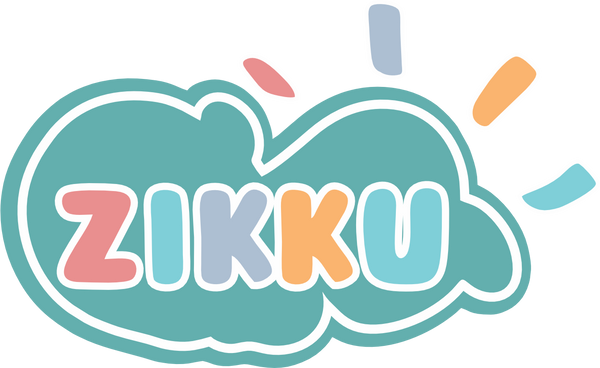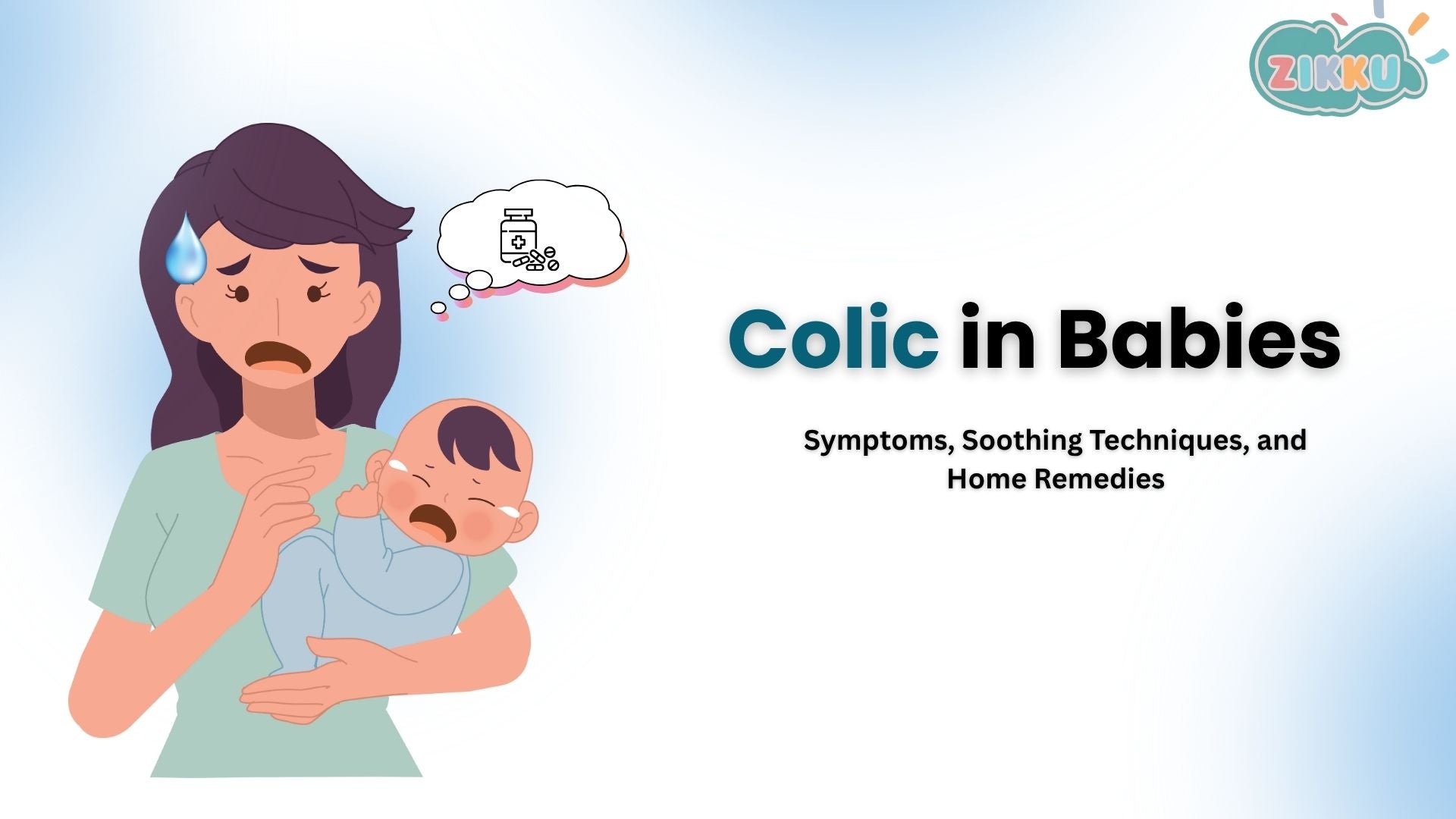Is Cow Milk Safe for Newborns? Risks, Myths, and Paediatric Guidelines | What Every Parent Must Know in 2025
- by ["Divyanshi Paliwal"]

Is Cow Milk Safe for Newborns?
Risks, Myths, and Paediatric Guidelines | What Every Parent Must Know in 2025
Thinking about giving your newborn cow milk?
Stop right there. This is one of the most important feeding decisions you'll make as a new parent, and getting it wrong could seriously harm your baby's health. Let's clear up the confusion once and for all about cow milk for newborn babies.
The simple truth: Cow milk and newborns don't mix
No, cow milk is absolutely not safe for babies under 12 months old. This isn't just a recommendation - it's a critical safety rule backed by every major paediatric organization worldwide. Here's why this matters so much: Your baby's life literally depends on getting the right nutrition in their first year. Cow milk can't provide what they need and can actually cause serious health problems.
What happens if you give cow milk to your newborn
· Immediate problems (within days or weeks):
o Severe stomach pain and crying
o Diarrhea or constipation
o Vomiting
o Skin rashes
o Blood in stool
o Dehydration
· Long-term damage (develops over months):
o Iron deficiency anaemia (affects brain development)
o Kidney damage
o Growth delays
o Weakened immune system
o Learning and behaviour problems
The right way to feed your baby: month by month
- 0 to 6 Months: Breast milk or formula only
- 6 to 12 Months: Continue milk + add solid foods
- After 12 Months: Cow milk can be introduced
Choosing the Right Milk: Breast, Formula, or Cow?
|
Nutritional Aspect |
Breast Milk |
Baby Formula |
Cow Milk |
|
Iron |
Moderate, but highly absorbable |
Fortified with iron; absorption lower than breast milk |
Low iron and poorly absorbed; may cause iron-deficiency anemia |
|
Protein |
Lower in quantity but ideal for baby’s growth |
Higher than breast milk; designed to be baby-friendly |
Too high for infants; casein-rich and hard on infant kidneys |
|
Fats |
Contains essential fatty acids and DHA for brain development |
Contains added fats, including DHA in premium formulas |
Saturated fats; lacks essential fatty acids and DHA |
|
Calcium |
Adequate for infants |
Fortified appropriately |
High; but may hinder iron absorption |
|
Lactose |
Natural and well-tolerated |
Added; varies by formula type |
High; may cause intolerance in some infants |
|
Immune Factors (Antibodies) |
Rich in antibodies and immune cells |
None |
None |
|
Prebiotics/ Probiotics |
Natural prebiotics; supports gut flora |
Some formulas contain added prebiotics/probiotics |
Absent |
|
Allergy Risk |
Very low |
Moderate (depends on brand/type) |
High risk under 1 year |
|
Safe for Newborns |
Yes – highly recommended |
Yes – when breastfeeding isn’t possible |
No – not safe before 12 months |
Emergency: What If My Baby Already Had Cow Milk?
Don't panic, but act quickly. If your baby has had cow milk, watch for these warning signs:
Call your doctor immediately if you see:
- Blood in diaper (poop or pee)
- Severe vomiting or diarrhea
- Baby seems very sick or weak
- High fever
- Trouble breathing
- Severe skin rash
What Paediatricians Really Want You to Know
Dr. Sarah's advice: "I see parents every week who think they're saving money by giving cow milk early. The babies who end up in the hospital with anaemia or dehydration cost their families thousands more than formula would have."
Key paediatric guidelines:
- Never give cow milk before 12 months - no exceptions
- Breast milk is always the best choice when possible
- Formula is the safe alternative when breastfeeding isn't working
- Introduce cow milk gradually after the first birthday
- Watch for reactions even after 12 months
Trust the Science, Protect Your Baby
Decades of research and millions of healthy babies prove that breast milk and formula are the only safe options for infants under 12 months. Don't let outdated advice, money concerns, or family pressure put your baby at risk. Your baby's health is worth more than the cost of proper nutrition. When your child grows up healthy and strong, you'll know you made the right choice by following expert guidelines and putting their safety first.
At Zikku, we deeply care about the well-being of newborns and believe that informed parenting begins with reliable guidance. As a brand dedicated to baby and mother care, we always encourage new parents to follow paediatric recommendations and make choices that support their baby’s safe and healthy development. While cow milk may seem like a natural option, it's important to remember that newborns have unique nutritional needs best met through breast milk or infant formula. Always consult your paediatrician before introducing any new food or milk to your baby’s diet — because your baby deserves the best start in life.









